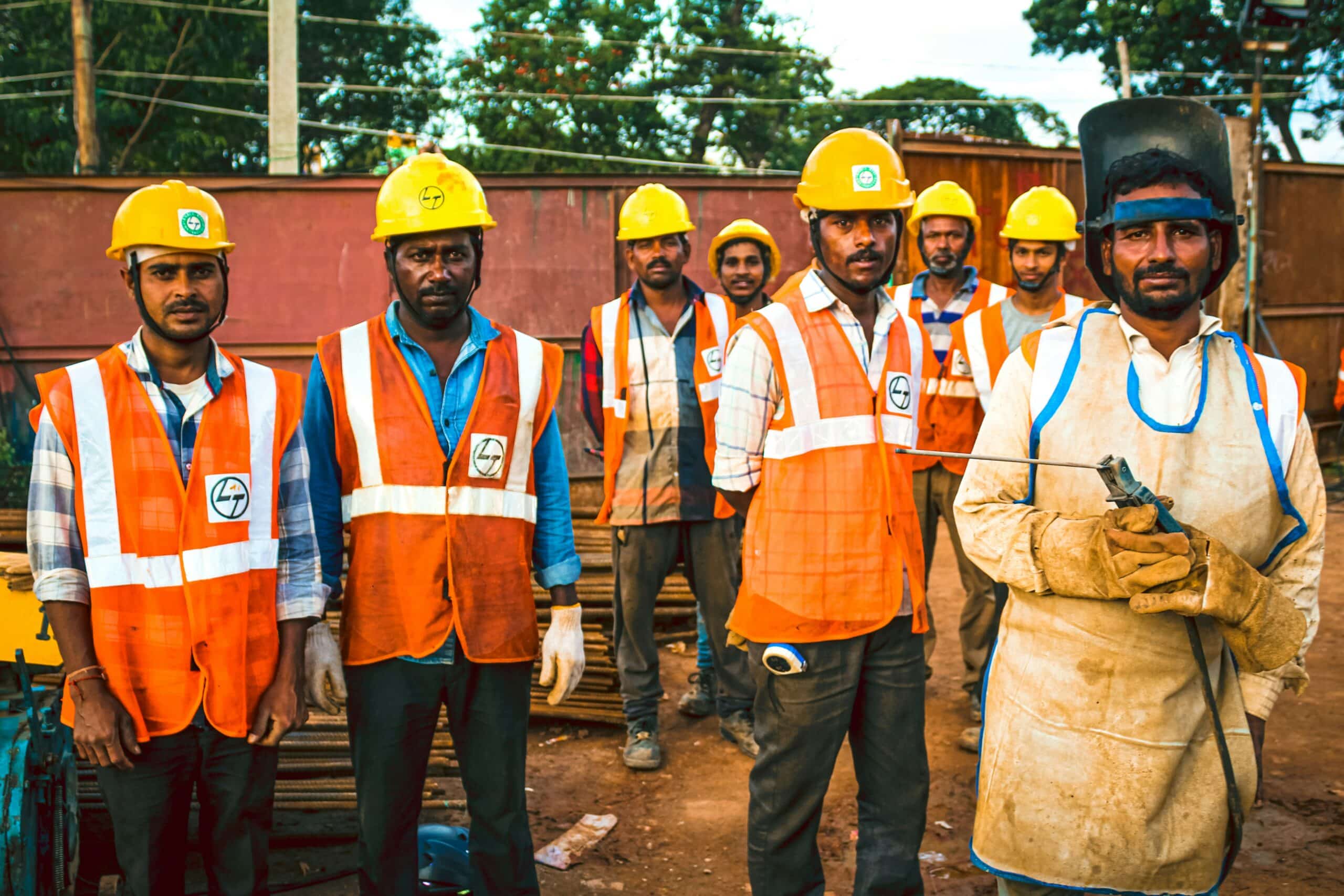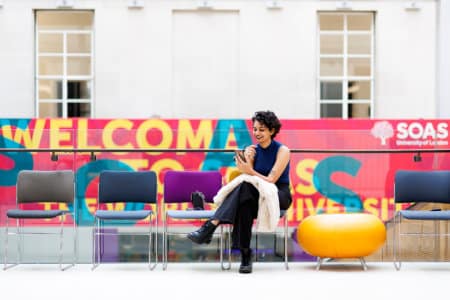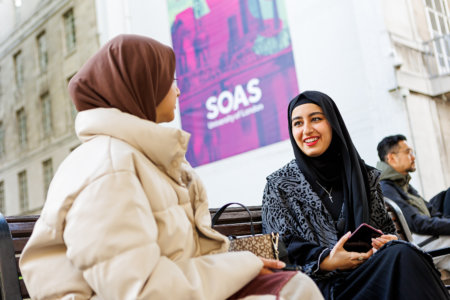How do illicit drug economies affect the conflict-affected borderlands of Afghanistan, Colombia and Myanmar? Did remittances support vulnerable populations during the pandemic? What kind of contribution can high‐value agricultural exports make to structural change? Have public narratives and memories of the 1947 partition of British India developed and changed over time?
These may well be some of the most important questions in the developing world — and they represent just a sample of the many global, pressing and complex issues many talented individuals at SOAS University of London’s Department of Development Studies are seeking answers to.
At SOAS, this quest is one filled with opportunities for practitioners and enthusiasts of Development Studies. SOAS is the world’s foremost expert in Africa, Asia and the Middle East. Being at the forefront of current thinking of the economic, political, cultural, security and religious challenges faced by these regions gives it a unique edge in offering degrees in the exciting, interdisciplinary and multidisciplinary field of Development Studies.

Global development aims to end poverty and hunger in developing countries. Source: SOAS University of London
The department is a world leader in its own right. It is second in the QS World University Rankings by Subject 2023: Development Studies. The rankings compare the performance of around 15,000 individual university programmes at 1,500 universities and name the world’s best universities. The department’s #2 ranking speaks to its research productivity and impact as well as its reputation among students, academics and employers.
In other words, it’s a great place to gain specialised knowledge on some of the world’s most challenging and political problems. Here, you’ll find evidence-based critical contributions to a transformative global development agenda, based on an understanding of how power is exercised locally and globally, and in what ways inequalities can be explained and confronted.
Respected international academics are behind these dynamic engagements on global discourses of development. They bring insights based on strong regional expertise in areas such as political economy, conflict, migration, humanitarianism, environment and related subjects. The university is ranked second for the International Faculty Ratio, which reflects the proportion of faculty members from around the world. In the department, this diverse group of academics bring to life its commitment to social justice, anti-racism, and inclusive and decolonial policy and practice.
“At SOAS, I teach on theories of development, political economy, global supply chain capitalism and labour, feminist political economy, and contemporary India,” says Dr. Mezzadri. “I consider myself a global instructor dedicated to teaching social justice.”
The university has also recently appointed distinguished research professors to join the department. Professor Hossain’s research on the politics of development investigates how impoverished people access services in challenging conditions. Her goal is to make a difference by working with diverse partners including social movements, civic actors, artists, government and aid agencies. Professor Tsikata‘s 30 year research engagement on African development led her to her current role. Applauding ‘SOAS’s plan to reimagine global partnerships and revitalise its research agenda,’ she says that she feels ‘energised by the prospect of working with colleagues in development studies to produce knowledge, train a new generation of global leaders and contribute to current debates about the future of Development Studies.’
Climate change and the environmental challenges associated with processes of development are central to our teaching and research mission, with a growing number of specialists contributing on issues like energy transitions, climate justice, resilience and mitigations, and political ecology of development. Many colleagues contribute to our distance learning programmes through the Centre for Development, Environment and Policy, and to our highly successful on-campus MSc in Environment, Politics and Development.

Many SOAS Development Studies researchers work on labour standards, gender, and social justice. Source: SOAS University of London @Davide Scalenghe
Most of the department’s 28 staff teach modules in the department’s six MSc programmes. These are programmes ideal for those seeking a flexible and customisable approach to this dynamic field concerned with processes of change in the South — social and economic, political and cultural — and the major policy challenges they present to efforts to overcome poverty and insecurity.
In each programme, there are two core modules: in the MSc Global Development these are ‘Theory, Policy and Practice of Development’ and ‘Political Economy of Development’. To these you add a total of four optional modules from a wide range available for you to design your intellectual journey while maintaining a strong grasp of the fundamentals. These include War to Peace Transitions, Aid and Development, The Working Poor and Development, Issues in Forced Migration, Cities and Development, Civil society, Social movements and the Development process, among many others.
Learning is hands-on. You can apply for a work placement or internship in the department and partner organisations. Current MSc students have completed placements in the International Organisation for Migration, Overseas Development Institute, the London International Development Centre and international NGOs. Your MSc culminates with a 10,000-word dissertation, which represents one-third of your grade, reflecting the importance SOAS accords to independent research. With the support and guidance of faculty, you’re set to produce a thesis that’s extremely high quality, imaginative, substantial and exceptional in originality and potential.
Follow SOAS University of London on Facebook, Twitter, Instagram, LinkedIn, YouTube, Soundcloud, and Weibo.












